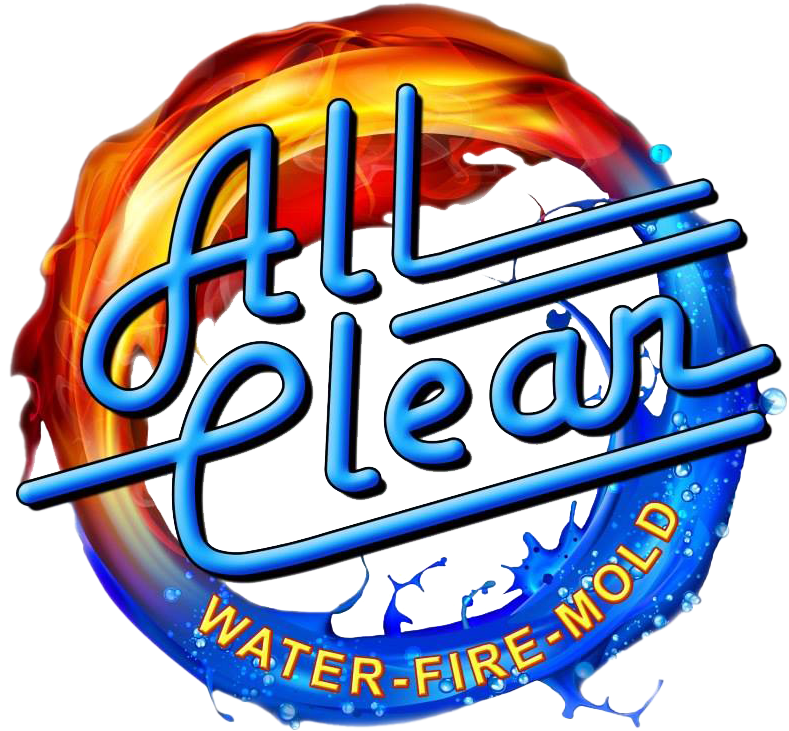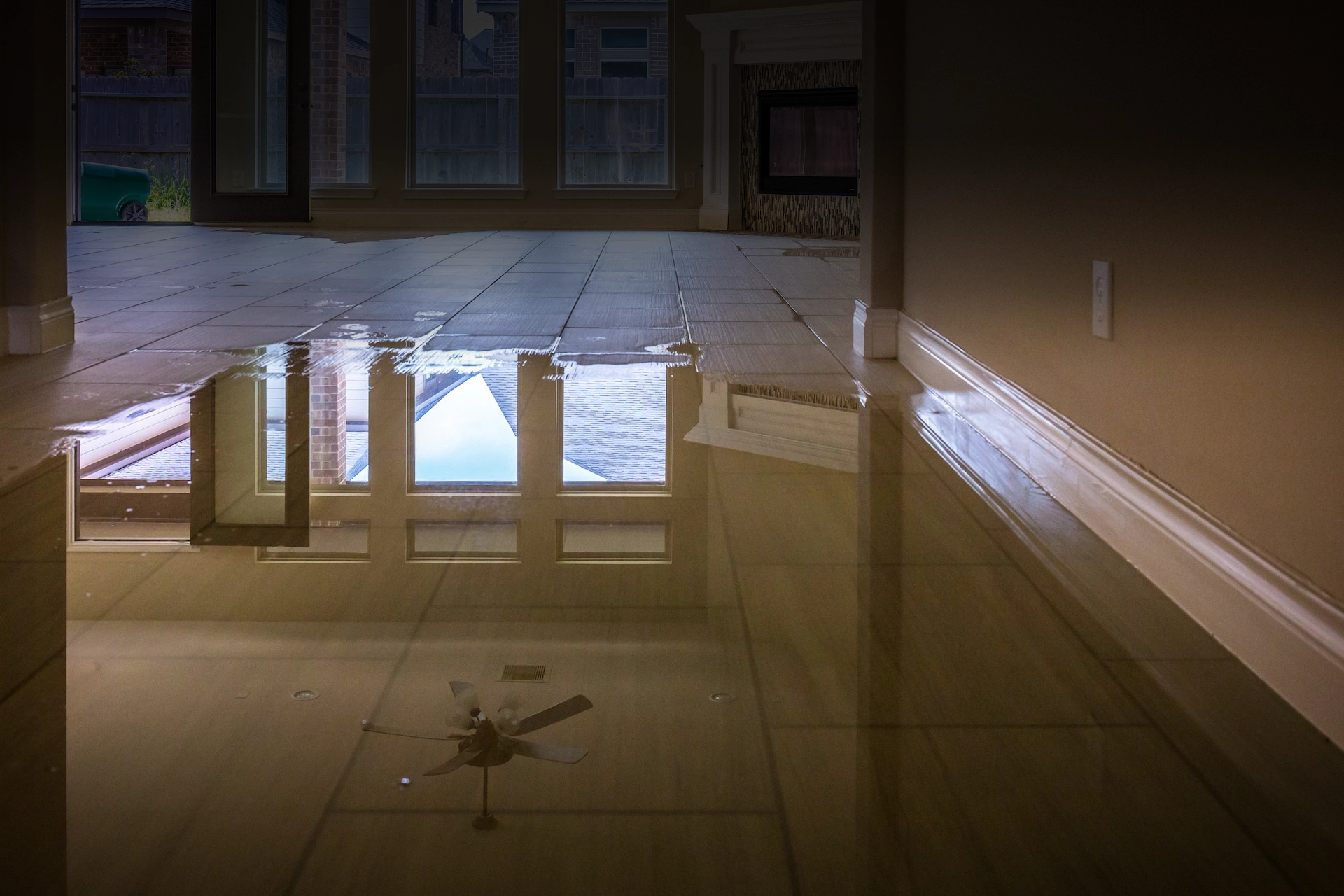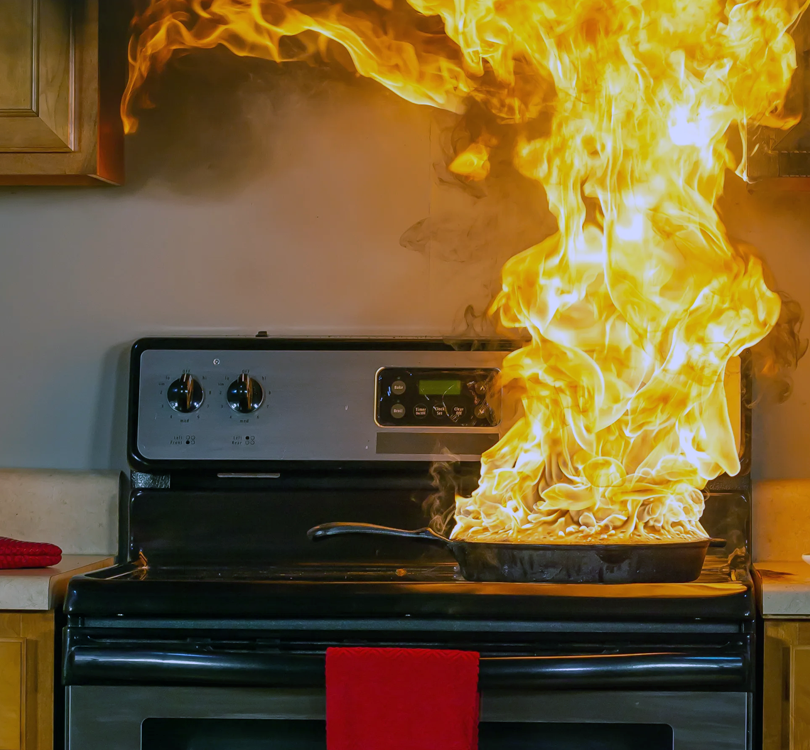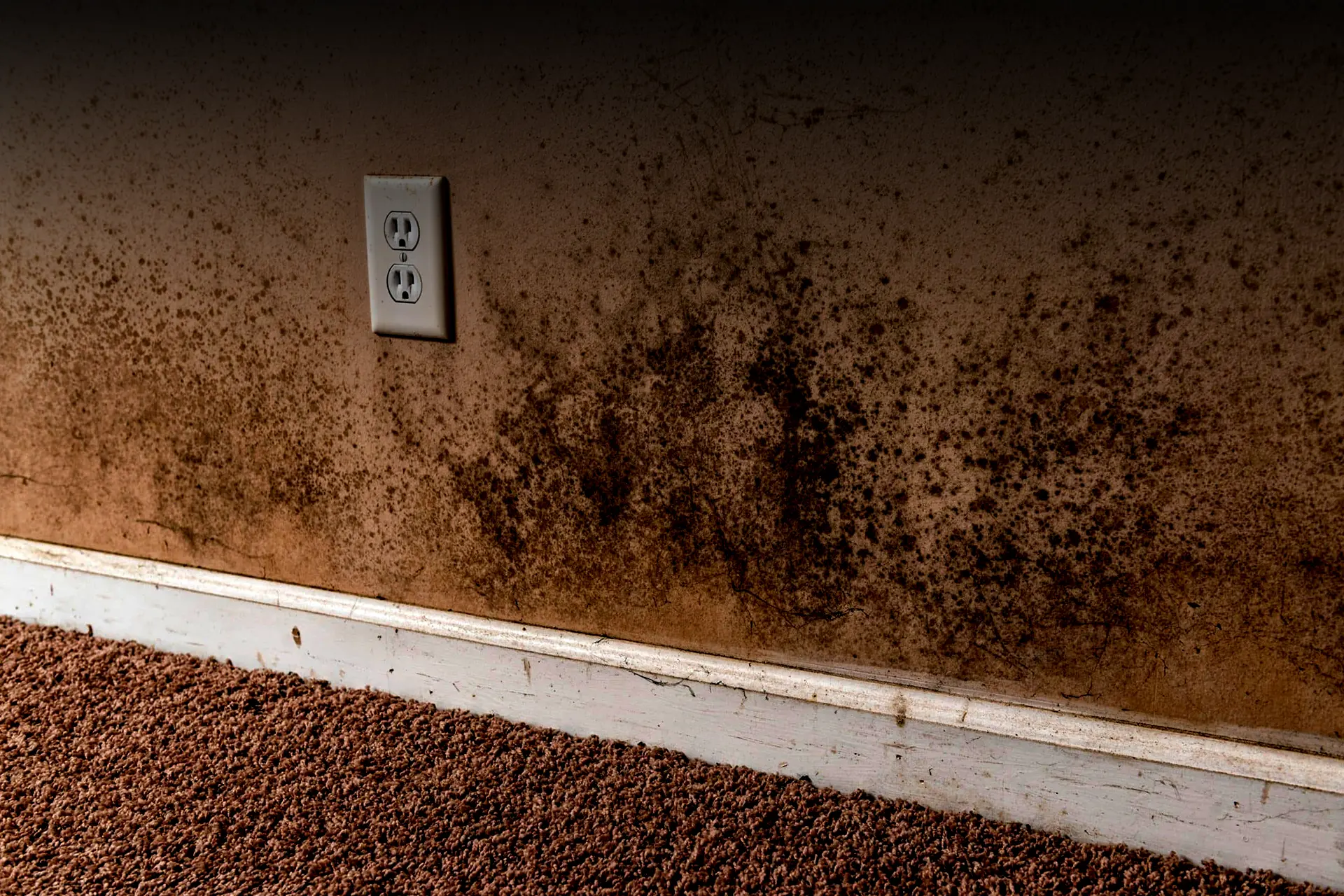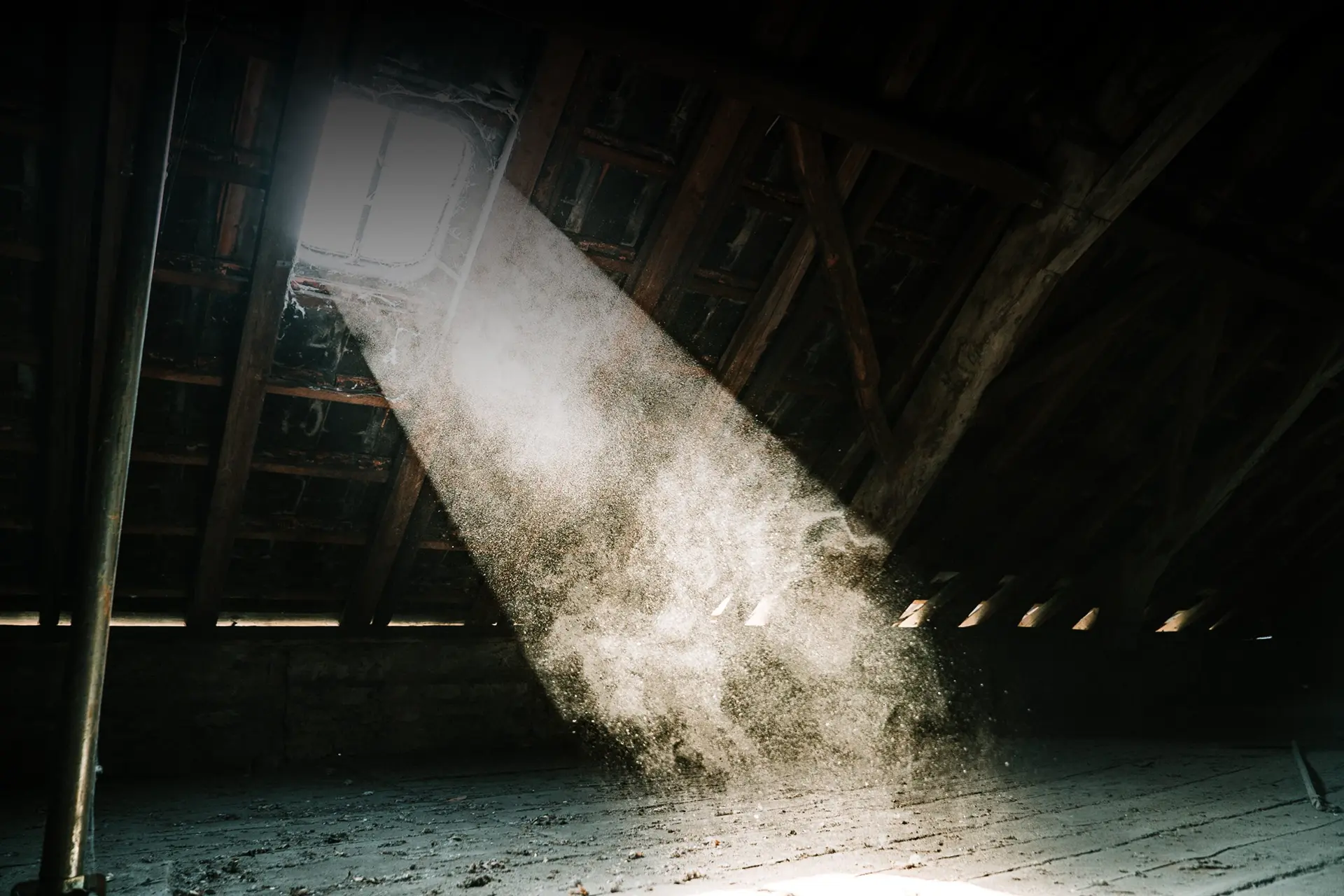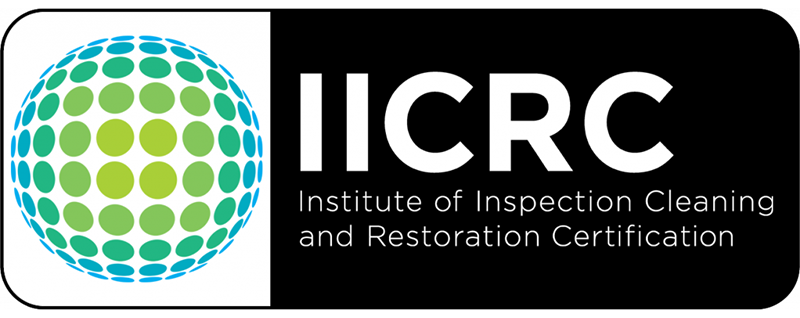LICENSED | BONDED | INSURED
618-235-3202
Busting 3 Myths About Water Damage for a Dry and Healthy Home

If you've been devastated by water, mold, fire, and/or smoke damage, know that your cherished possessions, your home or business, can all be restored to pre-damage condition; bringing back your peace of mind.
Whether water, mold, fire, or smoke causes damage to your home or business, the effects are heartbreaking and often life-changing. We at All Clean Restoration understand the devastation and pain these events can cause. We also understand that quick and proper action is crucial to prevent further damage, red tape, and cost.
Call us any time, day or night:
1-800-4223944
Related Topics:
Living in a world of leaks and drips can be a bit unnerving. Between the overflowing sinks and the occasional pipe hiccup, water damage myths become commonplace. But how do you separate fact from fiction? After all, knowledge is power, especially when it comes to protecting your beloved home.
Let’s dive into three common water damage misconceptions and understand why they deserve debunking:
Myth #1: The Moldy Smell? Just Air it Out!
That musty stench after a leak isn’t just some temporary inconvenience. It’s a red alert screaming: “Mold!” This unwelcome fungus thrives in damp environments, taking root within 24 hours of water exposure. The smell you sniff? That’s its not-so-subtle way of announcing its presence. Ignoring it won’t make it disappear. Removing mold requires targeted action, from drying and dehumidifying to even sanitizing the affected area. So, skip the air freshener and embrace the proactive clean-up!
Myth #2: Once Leaky, Never More – Right?
Think your patched-up leak is a one-time event? Think again! Studies show that once you’ve experienced water damage, you’re twice as likely to face it again. It’s like a pesky roommate who likes to overstay. This doesn’t mean living in perpetual paranoia, but rather, embracing the odds and taking extra precautions. Invest in preventive measures like regular plumbing inspections and leak detectors. Remember, water damage isn’t just common, it can be costly, so prevention is always a wise investment.
Myth #3: DIY Water Warriors Assemble!
Renting a water removal kit might seem like a budget-friendly way to conquer soggy carpets. But here’s the truth: water damage restoration is a bit more complex than a superhero movie might make it seem. While your DIY spirit is admirable, professional restoration companies have the knowledge and expertise you might lack. Their specialized equipment and trained technicians can tackle the problem effectively, preventing bigger and more expensive issues down the line. Remember, sometimes, letting the pros handle it is the smartest (and driest) move.
Demystifying Myths, Empowering Homeowners:
Debunking water damage myths isn’t just about proving them wrong; it’s about empowering you, the homeowner, to make informed decisions. At All Clean Restoration, we believe knowledge is your frontline defense against leaks and drips. When you understand the facts, you’re better equipped to protect your beloved home.
So, remember, if you have any questions about water damage, don’t hesitate to reach out to your local trusted restoration company. After all, they’re the knights in shining armor who can help you keep your home dry and healthy!
Let’s work together to turn the tide on water damage, one informed homeowner at a time!
Recent Blog Articles:
Protect Your Health: Recognizing and Addressing Mold in Your Home
To Repair or Replace? Understanding Smoke Damage in Drywall
Beyond the Surface: The Hidden Dangers of Water Damage and Why Time Matters
Don’t Let Your Cool Comfort Turn into Costly Water Damage: A/C Maintenance Tips from All Clean Restoration
All Clean Restoration's Other Services
Whether water, mold, fire, or smoke causes damage to your home or business, the effects are heartbreaking and often life-changing. We at All Clean Restoration understand the devastation and pain these events can cause. We also understand that quick and proper action is crucial to prevent further damage, red tape, and cost.
